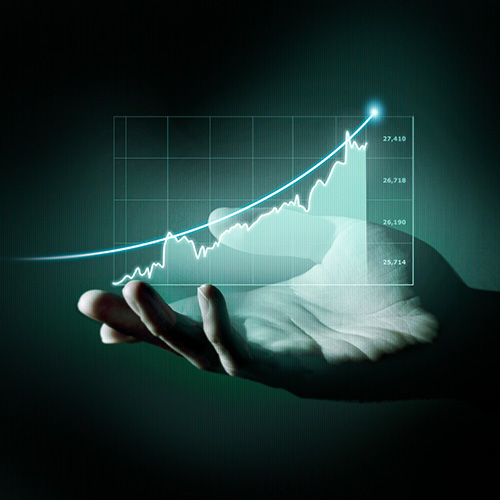Posted Thu, Aug 31, 2023 11:22 AM
Download Report (15145 downloads)
The State of the Nigerian Economy report for H1-2023 highlighted the role played by the lagged effects of the COVID-19 pandemic and new challenges induced by the Russia-Ukraine conflict in lowering global economic and heightening inflation rates in Advanced and Emerging economies.
In a fashion similar to global economic performance, the Nigerian economy experienced slowed growth in the period under review. The real GDP growth of 2.4 percent was the lowest economic growth since Nigeria's full recovery from the COVID-19 pandemic. This performance was a result of a combination of policy mismatch and other challenges. The country experienced a surge in inflation, leading to a significant erosion of the local currency's value. Poverty level and other socio-economic indicators also deteriorated. Four (4) million Nigerians were pushed into poverty circle due to significant loss of purchasing power compared to the beginning of the year.
The policy environment in Nigeria was characterised by hostility and instability, encompassing fiscal policy, monetary policy, and regulatory measures. The fiscal space in Nigeria witnessed a growing budgetary deficit. Despite a rise in global oil prices during H1-2023, the government's actual revenue fell short of the pro-rated budget, while government spending was closer to the budgeted levels.
To address rising domestic inflationary pressures and support economic growth, the Central Bank of Nigeria (CBN) maintained its unorthodox monetary policy stance in H1-2023. The policy rate was adjusted three times in the period and closed the period at 18.8 percent from 16.5 percent in January 2023. These policy postures, along with other regulatory challenges, have impacted Nigerian private-sector businesses across all sectors. While higher oil prices contributed to a trade surplus, foreign investors remained hesitant to invest in Nigeria, leading to a decline in total foreign capital inflows in Q1-2023 when compared with the same period of 2022.
Taking all these factors into consideration, the NESG revised downward the real GDP growth projection for Nigeria in 2023 to 2.8 percent. Meanwhile, the level of robustness of implementation of the new reforms of the Nigerian government will have impact on the level of inflation, unemployment rate and other key social indicators. Given this economic landscape, the report concludes with specific short-term policy recommendations aimed at ensuring Nigeria's economy closes the year on a good note with significant improvement in economic performance and overall welfare of the citizens.
